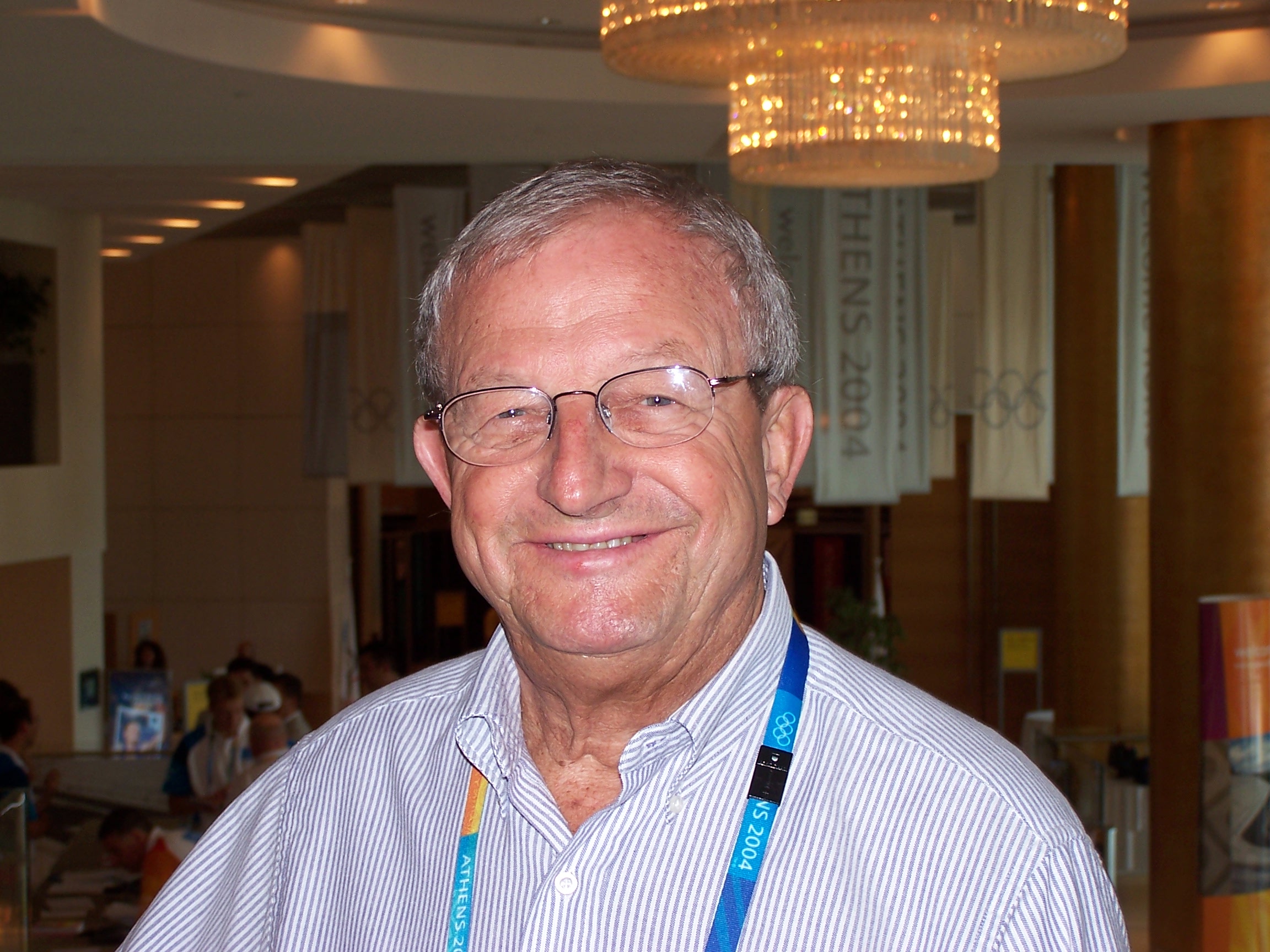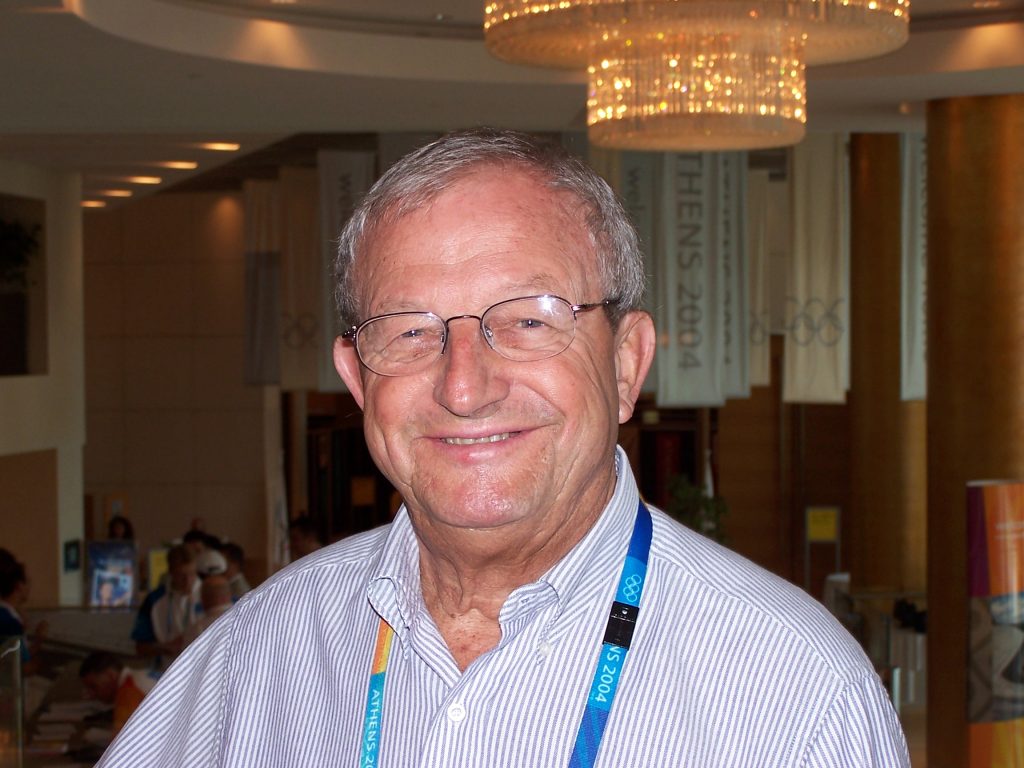Reality Check: Russia Gone from Olympics. Maybe Forever
By Ed Hula
The flag of Russia may never again wave over an Olympic Games.
It’s already been six years since the Russian flag was banned at the 2016 games in Rio De Janeiro over a massive state-run doping scheme involving Russian winter and summer sport athletes.
Now the prospect of a longer-term rupture appears to grow as the Russian attack against Ukraine persists into a second year. Paris 2024 will likely be the third consecutive Summer Games without a recognized team from Russia: no flag, and no anthems for gold medalists. Athletes from Russia may compete as neutrals, though how they will be chosen is still not known.
Even if the Russian offensive ended overnight, would there be time enough for Moscow to make amends? Probably not. The quest for accountability from Ukraine and its allies will put demands on Russia that will take decades to satisfy.
Calculating the scale and cost of reparations could be the most complicated number-crunching of the 21st Century. Trillions are likely needed. Charges of war crimes and subsequent trials, like rebuilding, will go on for years as well, ongoing reminders of the agonies suffered.
Of the many casualties of the unprovoked war, the Olympics are on this grim list.
In February, ministers from 30 European nations signaled to the IOC that some of them could sit out Paris 2024 rather than make concessions about Russian participation. Ukraine President Volodymyr Zelenskyy leads the way in rejecting IOC attempts to include any Russians in the upcoming Games. Ukraine will stay home from Paris, he warns.
The IOC and President Thomas Bach will need all the sports diplomacy they can muster over the next year. Keeping a lid on boycott threats by governments, athletes or sports federations will be the IOC’s big worry. A lot will depend on the state of play next February, especially if the shooting persists.
Look for the U.S. to be a hotspot if members of Congress rebuff IOC decisions regarding Russia, pressing the U.S. Olympic and Paralympic Committee to join Ukraine in a possible boycott.
Imagine the chaos should Russian allies also threaten their own boycott to show solidarity with the Kremlin.
Another key test for the IOC comes late this year when the U.N. would customarily endorse an Olympic Truce to be observed during the time of the 2024 Games. Noble as it is, the notion of an Olympic Truce has been made laughable by Russia as well. As the Beijing Winter Olympics came to an end last year, Russia — one of 190 member nations to back the Olympic Truce — launched its latest invasion of Ukraine.
That makes Russia a habitual Olympic Truce violator, if there can be such a thing. At the end of the 2014 Winter Olympics, Russian President Vladimir Putin shamelessly unleashed his forces to seize the Crimean Peninsula from Ukraine. So far there’s no word yet from IOC headquarters in Lausanne of any alternate strategy to deploy in the cause of the Olympic Truce. It is customarily advanced by the host nation of the upcoming Games, in this case France.
That in itself is reassuring for those who value the symbolism of the diplomatic gesture. French President Emmanuel Macron is at the tip of Europe’s resistance to the Russian onslaught. He would be an enthusiastic campaigner for the truce. At the same time, he is one for whom the irony of Russia’s repeat disregard of the truce will not be lost.
Whether Putin has the nerve to instruct his diplomats to add Russia as a signatory to a 2024 Olympic Truce remains to be seen.
As evidenced by 2014 and 2022, how surprising would it be for Putin to endorse a cease fire during the Paris Olympics? As he did back then, what plans will Putin hide behind the curtain of Russian support for a truce?
Fool me once, shame on you. Fool me twice, shame on me.
Fool me three times?
Macron and other voices such as the IOC president will have to answer that question when the General Assembly convenes in September.
This grim scenario doesn’t bode well for Russia’s place in the Paris Olympics or any other. Italy follows with Winter Games in 2026, likely with Russia still in the sin bin regardless. Then there’s Los Angeles in 2028, where the absence of Russia seems predestined by history.
The last time LA hosted the Olympics in 1984, 13 Eastern bloc nations joined what was then the USSR in a boycott in retaliation for the US-led boycott of the 1980 Moscow Olympics. If the parade of athletes at SoFi Stadium in 2028 is minus Russia, the games will be the fourth Summer Games without an official delegation from Russia.
Whether from a boycott or continued IOC sanctions, Russia’s Olympic exile, like the war it has wrought in Ukraine, appears to have no end. An end in Russia’s favor with a subjugated Ukraine will certainly be greeted with dismay around the world. Reaction from the IOC could bring a permanent ban for the Russian Federation from the celebration of peace and sport. Understandably frustrated, the IOC will leave reconciliation to future generations.




